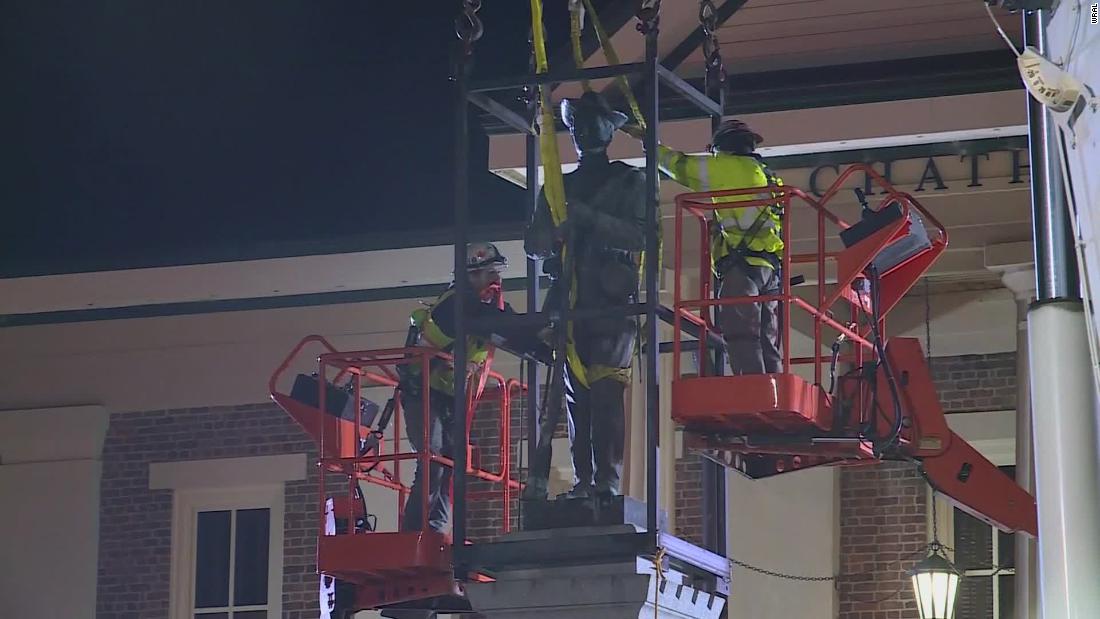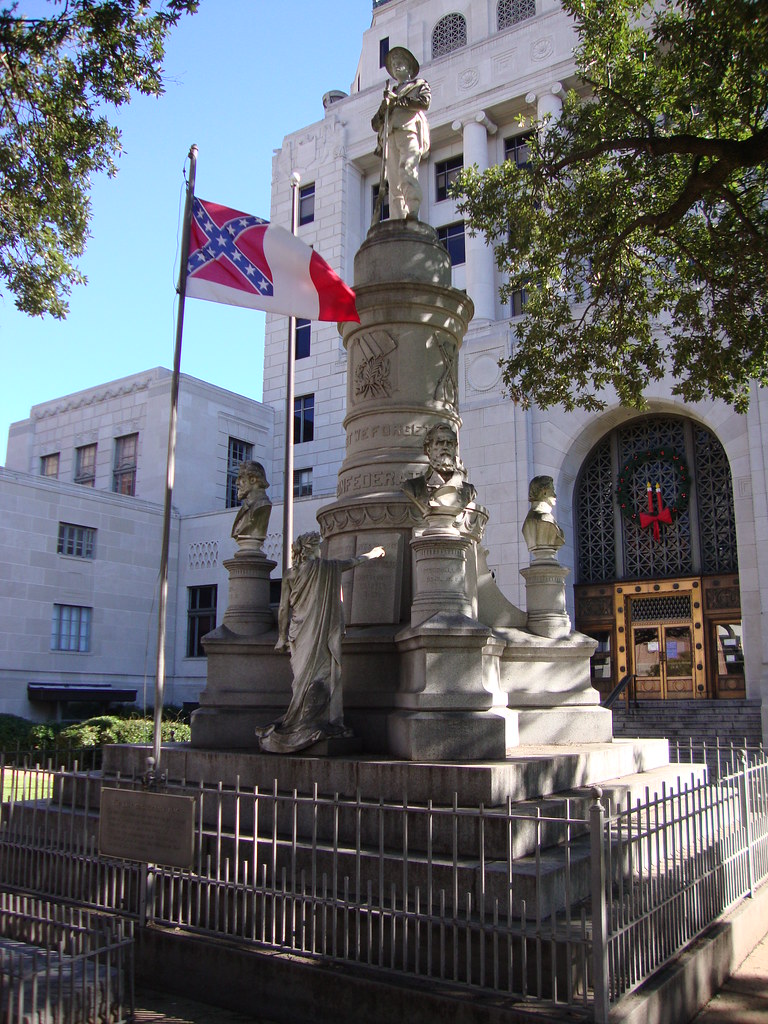What was the cornerstone of the Confederacy?
The cornerstone of the Confederacy was cemented in place by John Brown and his raid on Harpers Ferry. Before that, the whole militia and secessionist movement had been basically a joke. After Harpers Ferry Raid, 1859. That set the fuse burning. He was a radical abolitionist... and so it is not hard to argue that the fuse was lit over slavery.
For the North, the war was initially about keeping the union together... and avenging Ft. Sumter. Both sides thought it would be a 30 day war.
For the South, it was about the independence of the individual states (so much so that they NEVER became a confederacy...). And the issue that they were terrified of was the economic impact of losing slave labor. The slavery issue was not one of morality... it was one of economics. And the South did not believe they could make "King Cotton" pay without slave labor. Plus something like 1/3rd of the tangible asset wealth in the South... was slaves. And 'losing' these assets would bankrupt many citizens. Their collateral for loans would evaporate... they could never image life without those assets...
It was a moral crusade, early on, for a small segment of noisy abolitionist Northerners. The Antifa of 1860. It was about keeping the union together for everyone else in the North. Only late in the war did the 'freeing the slaves' become a moral tipping point. Not early. And even late in the war, the copperheads were utterly against emancipation... and against the integration of freedmen into a Northern economy. These Freedmen would displace the Irish and Italian immigrants... who were at the bottom of the totem pole and didn't want competition.
If Lincoln could have kept the Union together without freeing a single slave, he would have done it. He ran on a platform of Union. Not abolition.
But the early days were about economics for the South. Follow the money.
Sirhr
P.S. One of the reasons they had little or no chance was that they were statists first... Confederates... about third! At the end of the war, State of North Carolina had tens of thousands of uniforms and massive stores of arms and power available. But they would not share with 'the Confederacy' because they were stores for North Carolina troops. This was true all over the South. States first, Jefferson Davis... could suck a lemon.
P.P.S. One of my friends has his family's diaries from c 1900. in New York. His great, great, hatever Grandfather was a 'sand hog' who helped dig subways and trollys. In his diary is a map of the 'camp' they lived in. Which was segregated by race. In one corner was the place where his ancestor lived. His housing area was labeled "ni@@ers and wops." America was a tough town in those days.

 www.cnn.com
www.cnn.com




